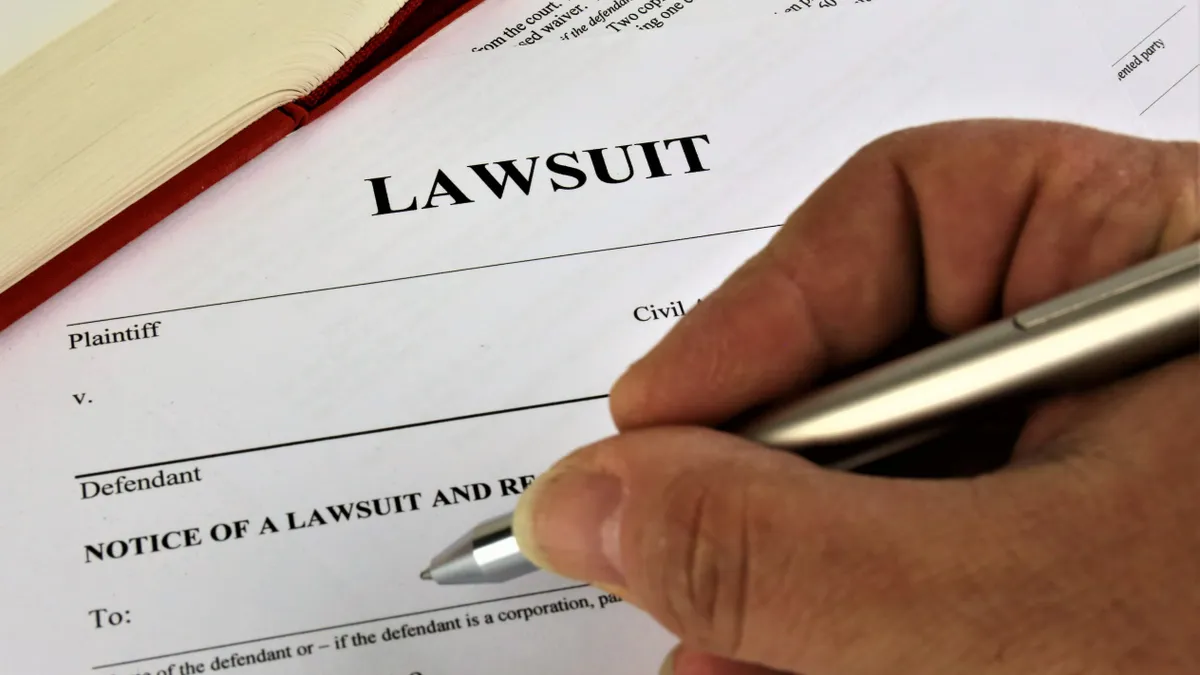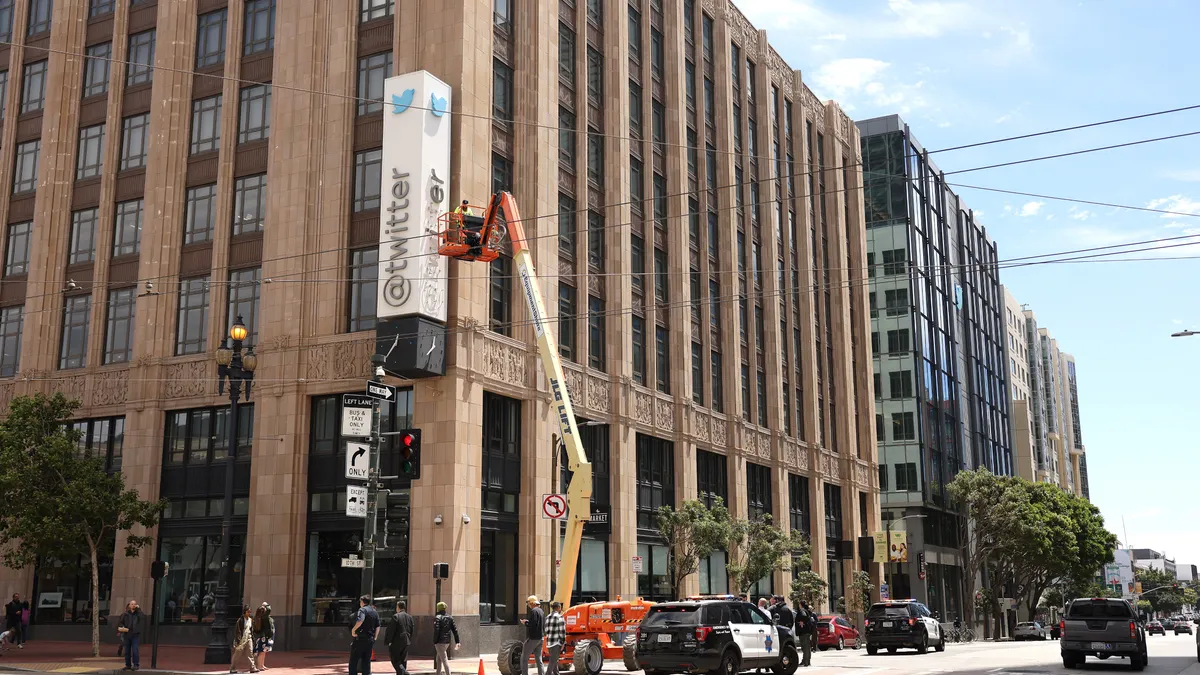Companies that have employees sign noncompete agreements rarely, if ever, seek to enforce the contracts, according to data from the Government Accountability Office.
Just 6% of private sector employers who report using noncompetes said they either frequently or very frequently enforced the agreements in the last five years, according to a GAO survey.
Meanwhile, 39% of employers reported they never enforced a noncompete during that time period and another 34% said they had rarely enforced noncompetes in those five years.
The results from a survey of 446 private sector employers were part of a GAO report on noncompetes, or NCAs, for congressional requesters that was issued last month.
“It may be that most responding employers reported never or rarely enforcing NCAs because NCAs may influence worker behavior without an employer having to take any action,” the GAO report said. “Two studies we reviewed suggest that workers with NCAs may be less likely to search for or take a job with a rival employer.”
Noncompete agreements have been in the spotlight this year amid efforts by federal government agencies to limit employers’ use of such contracts, including a proposed Federal Trade Commission ban released early in 2023.
FTC Chair Lina Khan has said noncompetes block workers from freely switching jobs, which deprives them of higher wages and better working conditions.
More recently, the National Labor Relations Board’s general counsel issued a memo stating that broad noncompete provisions in employment contracts violate the law except in limited circumstances.
The U.S. Chamber of Commerce has voiced opposition to the federal government’s efforts to curtail their use, arguing in a comment to the FTC that the agreements “can serve vital procompetitive business and individual interests.”
Enforcement
Overall, 55% of the 446 employers who participated in the nongeneralizable GAO survey conducted in 2022 reported having noncompete agreements for at least some of their workers.
Of those 247 employers, 20% said they occasionally enforced noncompetes with workers in the last five years.
Enforcement, which is a term employers were allowed to interpret, could range from reminding workers they signed NDAs to initiating litigation.

Larger employers were more likely than smaller employers to report enforcing noncompetes, the GAO found.
For example, nearly 41% of employers with 500 or more employees reported enforcing noncompetes occasionally in the last five years.
By comparison, 25% or fewer of medium and smaller employers said they occasionally enforced such agreements during the same time period.
Employers also reported that they more frequently have enforced noncompetes against executives and certain types of salaried workers.
“Consistent with our survey, a few stakeholders said that employers did not often enforce NCAs, but that employers who did so usually enforced NCAs on executives, high-tech workers, and high-level workers at sales-oriented companies,” the report said.

Rationale
Employers who reported enforcing noncompetes said they most frequently do so to protect business assets or prevent workers from moving to new jobs.
For example, roughly 80% of employers who have enforced the agreements in the last five years said they did so to protect their trade secrets, intellectual property and proprietary information.
These reasons aligned with the most common justifications employers cited for having workers sign noncompetes in the first place.
Meanwhile, roughly 62% of employers said they have enforced noncompetes to prevent their current workforce from being recruited by former workers, and 33% said they pursued enforcement to minimize worker turnover.
Employers could select multiple reasons for their noncompete enforcement efforts.
The GAO said it did not have data on “the rate at which workers fail to comply with NCAs, which could lead employers to take enforcement action.”
Approaches
Businesses who seek to enforce noncompetes usually start by reminding workers that they have signed such agreements, according to stakeholders the GAO interviewed.
A second enforcement step could feature an organization sending cease and cease desist letters to their former workers or the workers’ new employers.
“Such enforcement actions could lead to negotiations between the former and new employers, or the former employer and worker negotiating to resolve the dispute,” the GAO report said.
If those initial enforcement approaches do not work, employers and employees may ultimately litigate their disputes.
“However, some stakeholders told us that employers rarely sue workers for breaching their NCAs because the parties involved usually resolve the issue without engaging in litigation, which could be expensive,” the report said.



















